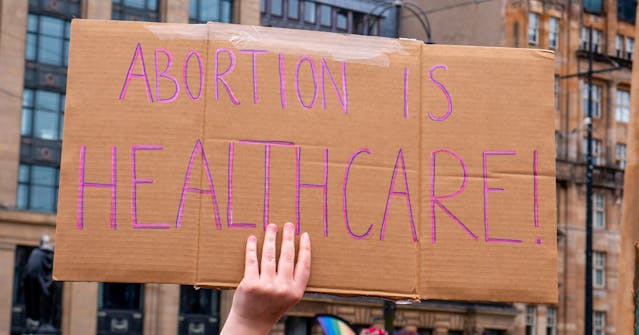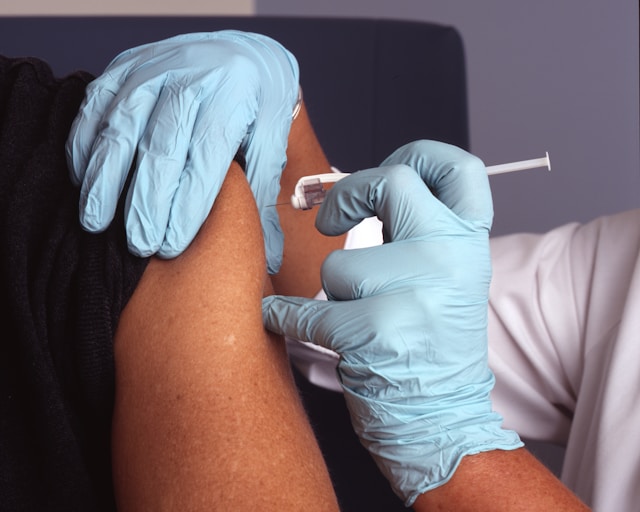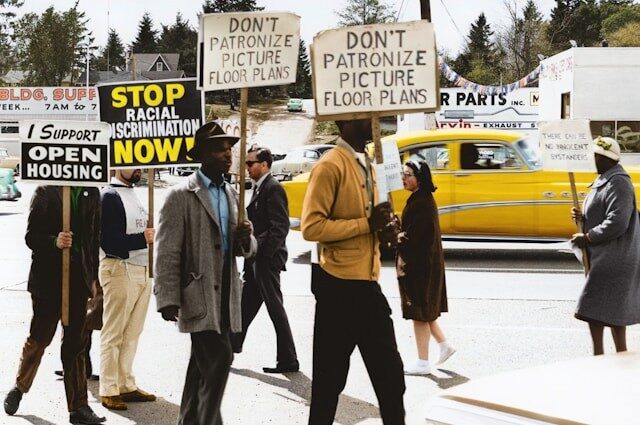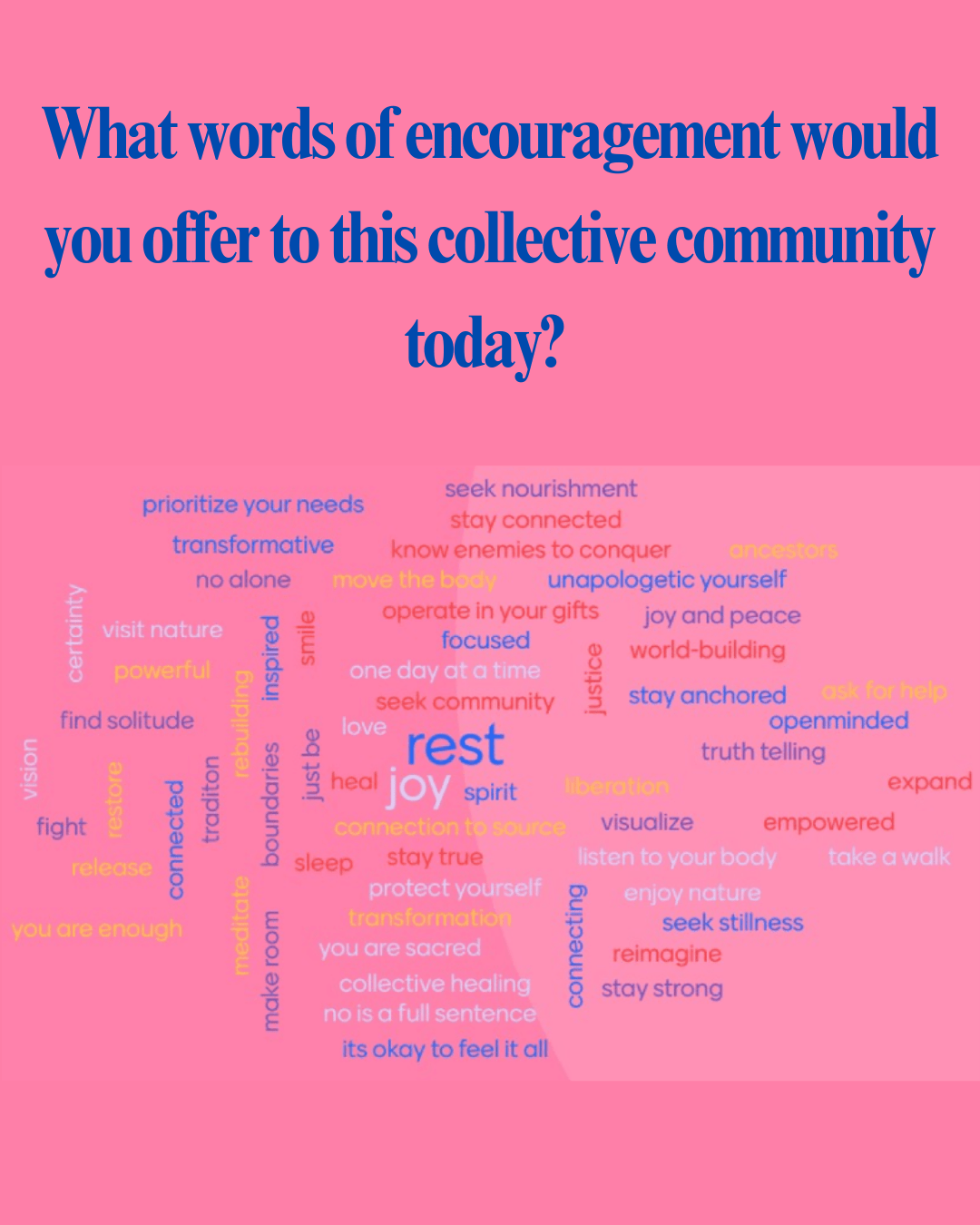
Charlotte, North Carolina, wants to change its status as one of the worst places in the United States for poor children to have a shot at getting ahead as adults. If the city succeeds, its efforts may offer a roadmap for other major metro areas gripped by barriers such as concentrated poverty and school segregation.
Improving schools, particularly how they serve poor black and Latino children, will be a crucial piece in the fight to reduce inequity. Right now, the percentage of children in Charlotte attending schools where at least half the students are poor varies significantly by race. While just 23 percent of white students in Charlotte attend majority-poverty schools, 77 percent of black students and 80 percent of Latino students go to these schools, according to an original analysis of federal data provided by the National Equity Atlas, a joint project of PolicyLink and the University of Southern California’s Program for Environmental and Regional Equity. The discrepancy is significant, because high-poverty schools tend to have fewer resources, less-qualified teachers, and weaker parent-volunteer networks than affluent schools. Add to this the fact that black and Latino children in Charlotte are more likely to live in areas of concentrated poverty and to experience a range of barriers to economic mobility, and the scope of the problem—and, by extension, the complexity of any solution—balloon. (read more)








